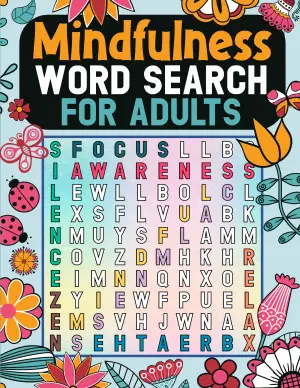Review of The Soul of Money by Lynne Twist
As someone who has a keen interest in personal finance and self-help literature, I was drawn to The Soul of Money after hearing about its unique approach to financial wellness. The idea that examining our attitudes toward money could lead to profound insights resonated with me, and I was curious to see how Lynne Twist, with her storytelling flair, would navigate this complex subject.

From the outset, Twist’s invitation to rethink our relationship with money is both refreshing and thought-provoking. She artfully disconnects the conventional notion of money as merely a tool for transaction and instead guides readers through a lens of collaboration, sufficiency, and shared purpose. Through personal anecdotes and practical advice, the author provides a narrative that encourages readers to align their financial practices with their core human values, all while fostering a sense of community and collaboration.
Two major positives stand out. Firstly, many readers, including Review King, have highlighted how Twist’s emphasis on a "you and me" mindset fosters a transformative perspective on monetary relationships. This idea of collaboration not only cultivates personal growth but also encourages societal change. Secondly, the book’s emotional depth resonates on a personal level. For instance, Aurael C. shared how the book inspired her to gift 150 copies to friends and clients, demonstrating its capacity to uplift and unify.
On the flip side, The Soul of Money is not without its critiques. Some reviewers, like BMcG, have mentioned the book lacks granularity in hard financial metrics and could benefit from more robust statistical backing. This critique reflects a common expectation that financial books should include data-driven analyses, whereas Twist chooses a more emotionally-driven narrative that may frustrate those more accustomed to traditional financial planning frameworks. Additionally, some readers have noted its personal nature may come off as repetitive at times, which could detract from the experience.
I found Twist’s storytelling compelling and the book did, indeed, turn many of my preconceived notions about money upside down. She emphasizes concepts such as "scarcity versus sufficiency," pushing me to contemplate my own values surrounding wealth. The narrative asks crucial questions: What does "enough" look like for me, and how do societal pressures influence my definition of success?
While the book is rich with insights, there were moments where I wished for more concrete steps to apply these philosophies in real-world financial situations. However, I resonated with Twist’s assertion that wealth is not just about accumulation but about "being present to the fullness and richness of the moment."
In conclusion, The Soul of Money is indeed a life-changing read, as stated in the book’s description. It encourages a powerful examination of our relationship with finances — one that merges emotional intelligence with a call for collaborative action. If you’re seeking a refreshing perspective on money that stretches beyond mere fiscal matters, Lynne Twist’s work is worth your time. Though it might leave some craving more traditional financial insights, the emotional richness and broad philosophical approach make it an invaluable read for anyone looking to establish a healthier relationship with money and life. I wholeheartedly recommend it, as its lessons can evoke profound personal transformations.







